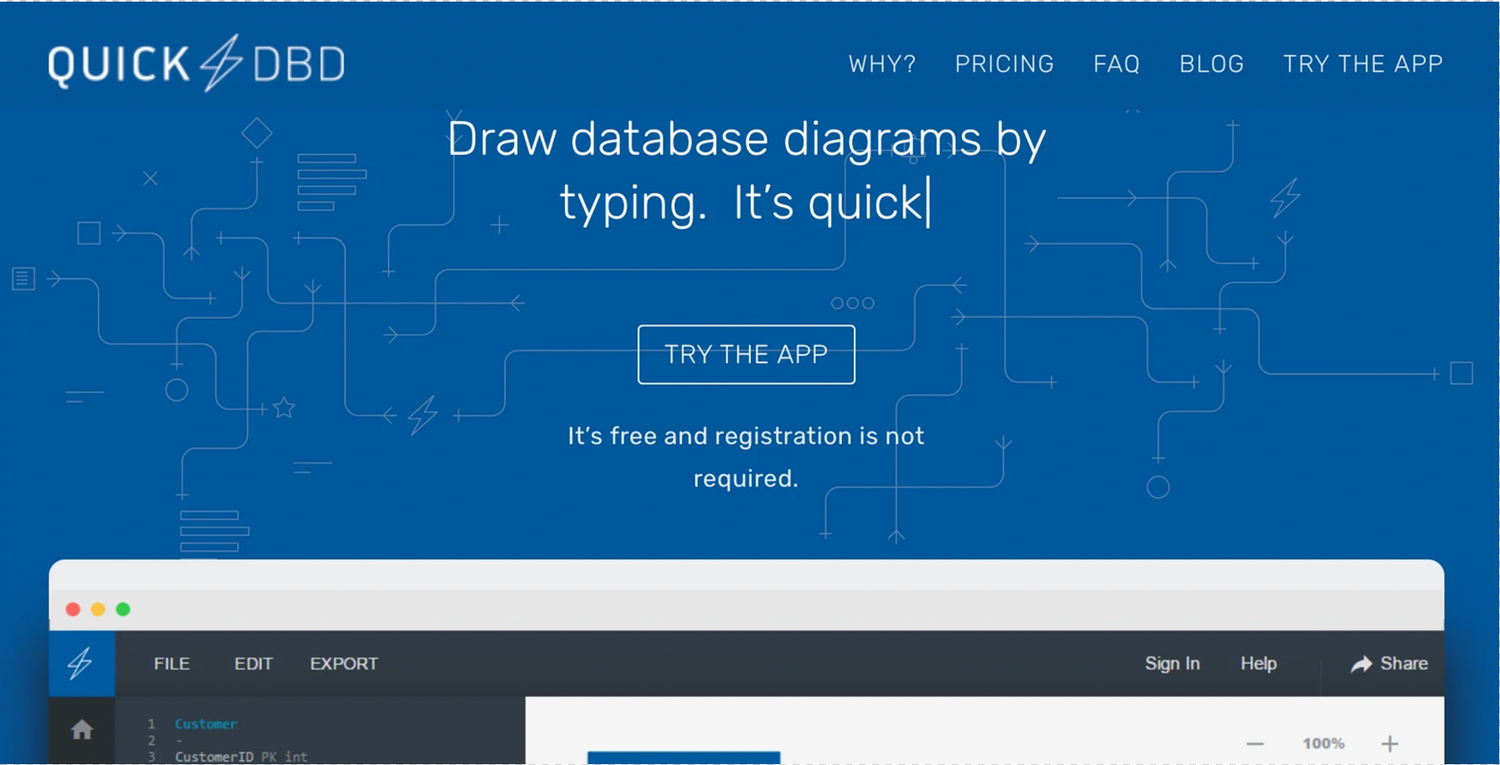Do you know 91% of businesses use videos for marketing? Are you behind on this? Let's explore the benefits and drawbacks of live selling for e-commerce businesses. This will help you understand the impact of live selling, so you can decide whether to get on board.
The e-commerce industry has had significant growth since the Covid-19 pandemic. This growth is primarily driven by technological advancements and evolving consumer preferences. One of the recent trends in the e-commerce sphere that has gained immense popularity is live selling.
Live selling refers to broadcasting live video sessions to engage with potential customers, showcase products, and facilitate real-time purchasing. This interactive and personalized approach has revolutionized how businesses connect with their online audience.
Let's start analyzing the Benefits and Drawbacks.
Benefits of Live Selling
Below are some potential benefits of live selling for e-commerce businesses:
Enhanced Engagement and Personalization
Live selling allows businesses to create an interactive experience by directly engaging with customers in real time. Through live video streams, e-commerce businesses can show product features, answer questions, and provide personalized recommendations.
This level of engagement helps build trust, foster a sense of community, and increase customer satisfaction. This results in a lower rate of returns as the customers get what they want.
Collect Feedback In Real Time
Live selling provides an excellent opportunity for businesses to gather feedback from their audience. Customers can comment, ask questions, and provide valuable insights. This allows businesses to understand their customer's preferences and pain points.
Customer feedback can guide product development, marketing strategies, and business decisions. These decisions will aid further improvement in business and gain customer loyalty.
Remote Based Interactions
The ability to remotely manage your store's operations, including human resources, is one of the finest features of live commerce. Your customers may interact with your salespeople via chatbots, one-on-one video conversations, or live streaming. You can present your product without being physically available and gain customers.
Increased Conversion Rates
The interactive nature of live selling enables businesses to show product functionalities and highlight unique selling points. This also helps address customer concerns promptly.
This live engagement often leads to higher conversion rates, as customers are more likely to purchase when they have a deeper understanding of the product.
Plus, when customers see others purchasing, they start to feel FOMO (Fear of Missing Out) and will purchase because others are.
Drawbacks of Live Selling
Do you think live selling is all rainbows and sunshine? We hate to burst your bubble, but the drawbacks of live commerce include:
Technical Challenges
Conducting live video sessions requires a stable internet connection and reliable streaming platforms. Many platforms might not be able to ensure the accuracy and timeliness of live broadcasts, which can disturb the presentation of the product.
Technical difficulties such as connectivity issues, video quality problems, or platform glitches can hinder the live selling experience and lead to a loss of customer engagement.
Resource Intensive and Time Constraints
Live selling demands additional resources, including personnel to host the sessions, manage comments, and handle customer inquiries. Moreover, businesses must invest in equipment, video production, and marketing efforts to ensure a seamless and professional live selling experience.
Planning and hosting live selling sessions can be time-consuming for businesses, especially when they must accommodate different time zones or cater to a global audience. Regularly scheduling live sessions and managing customer expectations can pose challenges for e-commerce businesses with limited resources.
Miscommunication
Communication is the key to a healthy seller-customer relationship. If communication is lacking or gets disrupted, this relationship will be affected. This may happen for a few reasons, including a lack of human capital (employees) to take and process orders and handle customer queries.
A language barrier may disturb the purchasing process if the customer is a foreigner. Or maybe the seller cannot actively reply to questions or take orders from potential customers. In that case, the customer may lose interest and not make the purchase.
Risk of Scams
Live commerce is available on numerous platforms. However, network security is still a concern. Many shoppers might be worried that internet retailers won't be able to secure their personal and financial data. Hackers are creating fake shopping websites so users purchase through alternative channels.
Although product features may be shown in real-time during live streaming to customers, they might still feel there will be problems with product quality and misleading advertising.
Should You Start to Live Selling?
If you are a business that sells products, the answer is YES!
Live selling will only grow in popularity, leaving you in the dark ages if you do not get started. Live selling will allow your e-commerce business to engage customers in real-time, drive conversions, and build trust. By leveraging live sessions and video content, you can create an interactive, personalized shopping experience that resonates with consumers.
With that said, addressing the potential drawbacks, such as technical challenges, resource allocation, and time constraints associated with implementing live selling strategies, is essential.
This will be your most challenging part.
With careful planning and consideration, your business can harness the benefits of live selling and navigate its challenges to stay ahead in the dynamic e-commerce landscape.
Don't wait. Just start. It's the only way to get comfortable with it. Happy Selling.



